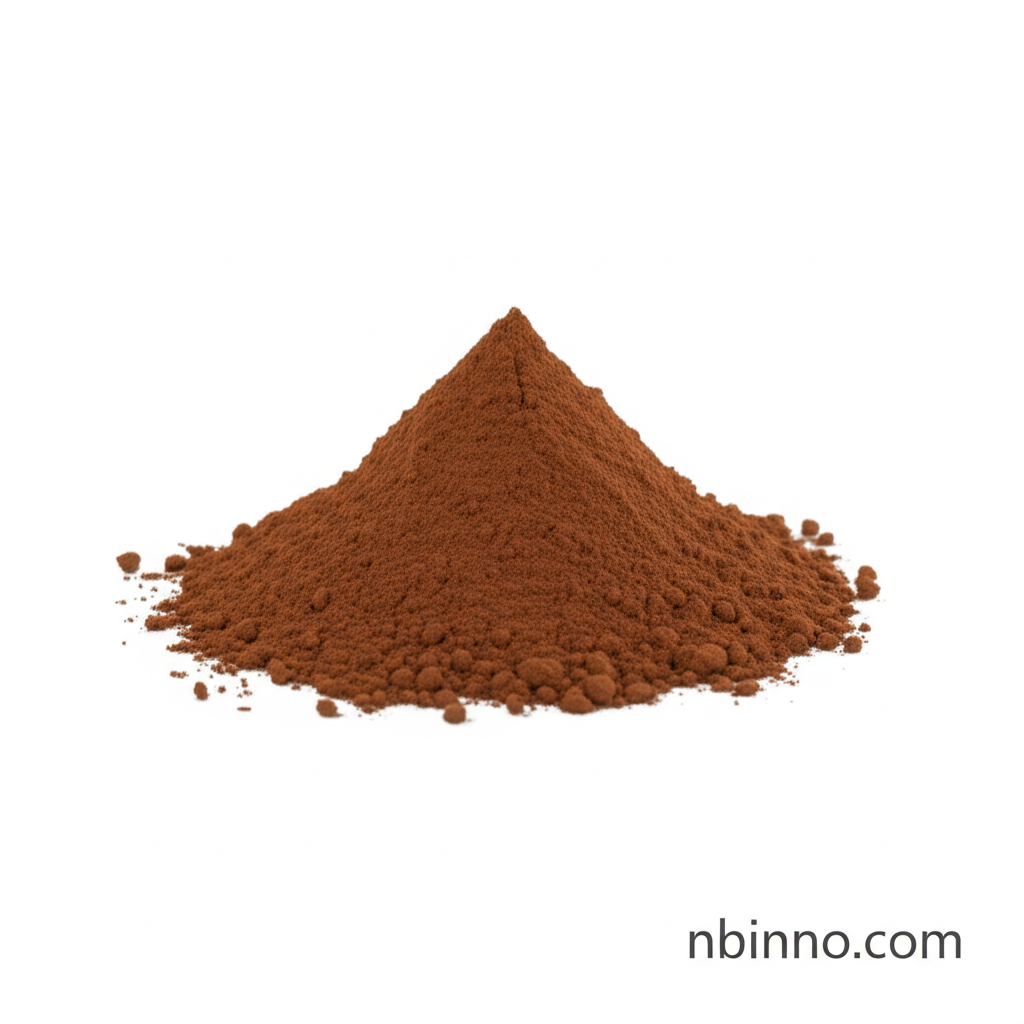Palladium(II) Chloride: A Key Component in Modern Chemistry
Discover the versatile applications and essential properties of Palladium(II) Chloride in catalysis and beyond.
Get a Quote & SampleProduct Core Value

Palladium(II) Chloride
Palladium(II) Chloride (PdCl2) is a vital compound renowned for its catalytic activity, making it indispensable in various organic synthesis reactions, including hydrogenation and cross-coupling.
- Palladium chloride catalyst: Leveraging the power of PdCl2 for efficient chemical transformations.
- Palladium ii chloride applications: Extensive use in electronics for manufacturing conductive contacts and plating.
- PdCl2 chemical properties: Understanding its unique characteristics for optimal industrial implementation.
- Palladium chloride synthesis: Methods and processes for producing high-quality PdCl2.
Key Advantages of Palladium(II) Chloride
Exceptional Catalytic Performance
The role of palladium chloride catalyst in accelerating reactions like Suzuki and Heck couplings is crucial for efficient chemical production.
Industrial Versatility
Explore the diverse palladium ii chloride applications across sectors such as electronics, contributing to advanced material development.
High Purity and Reliability
Ensuring high purity is key for PdCl2 chemical properties, vital for precision in pharmaceutical and analytical industries.
Key Applications
Catalysis
As a premier palladium chloride catalyst, PdCl2 drives numerous organic reactions, essential for fine chemical production.
Electronics
Its utility in electronics highlights the diverse palladium ii chloride applications, from plating to component manufacturing.
Chemical Synthesis
The well-defined PdCl2 chemical properties make it a go-to reagent for intricate chemical synthesis pathways.
Material Science
Understanding palladium chloride synthesis is key to developing advanced materials with specific catalytic or conductive properties.
